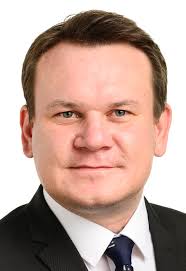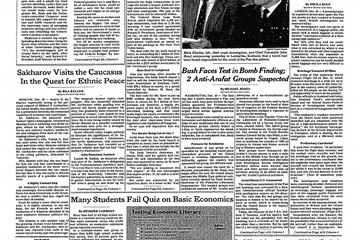The Political Journey of Dominik Tarczyński

Introduction
Dominik Tarczyński has emerged as a significant figure in Polish politics, representing the Law and Justice Party (PiS). As a Member of the European Parliament (MEP), Tarczyński has made headlines for his outspoken views and involvement in key legislative matters. Understanding his contributions and stance on various issues is crucial for those following contemporary Polish and European politics.
Background
Born on 21 January 1984, Tarczyński’s political career began with local governance before he escalated to national prominence. He became a MEP in 2014, where he quickly established himself as a robust advocate for conservative values. Tarczyński’s educational background in sociology and political science provides him with the analytical skills to engage effectively on European platforms.
Political Actions and Stances
Within the European Parliament, Tarczyński has been vocal regarding Poland’s sovereignty and national identity, often opposing regulations perceived to encroach on these ideals. His actions during debates on issues like migration and EU judicial reforms have drawn both support and criticism. Notably, he stood firm against the EU’s approach to asylum seekers, advocating for a stringent immigration policy in line with nationalist sentiments across Europe.
Recent Initiatives
Recently, Tarczyński expressed his commitment to fighting misinformation regarding Poland in European media. He called for a collaborative initiative among MEPs to clarify Poland’s position on various matters impacting its image within the EU. This aligns with a broader PiS strategy to combat what they view as biased narratives propagated by foreign outlets.
Conclusion
Dominik Tarczyński’s evolving role in EU politics reflects the rising influence of populist and nationalist movements in Europe. By focusing on national sovereignty and a strong stance against EU overreach, Tarczyński represents a segment of the Polish population that feels underrepresented in a rapidly changing political landscape. His future actions will likely shape not only Polish politics but also broader dynamics within the European Union. Observers of European politics should closely monitor his initiatives to gauge the direction in which these political sentiments may lead.









